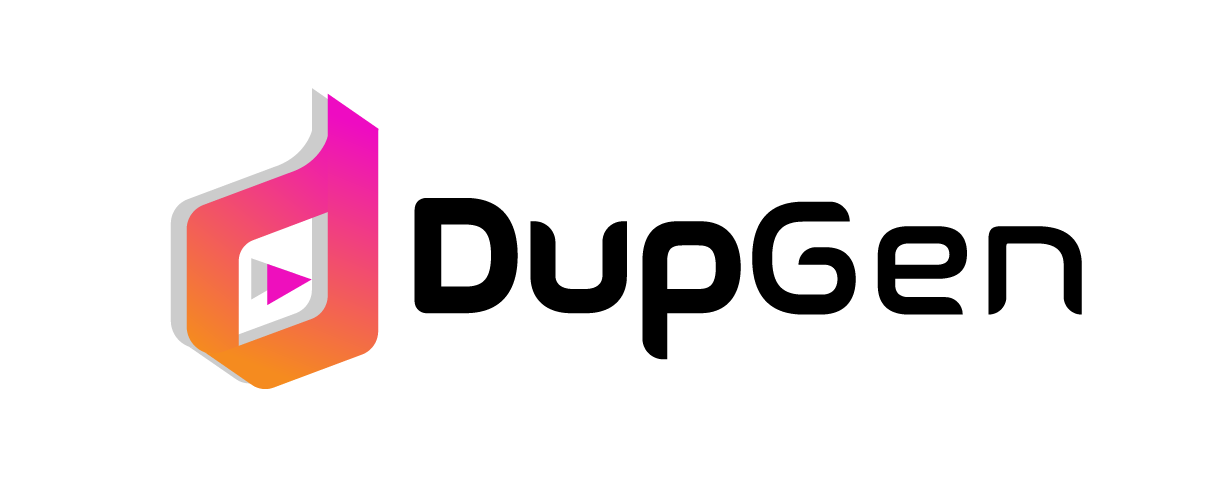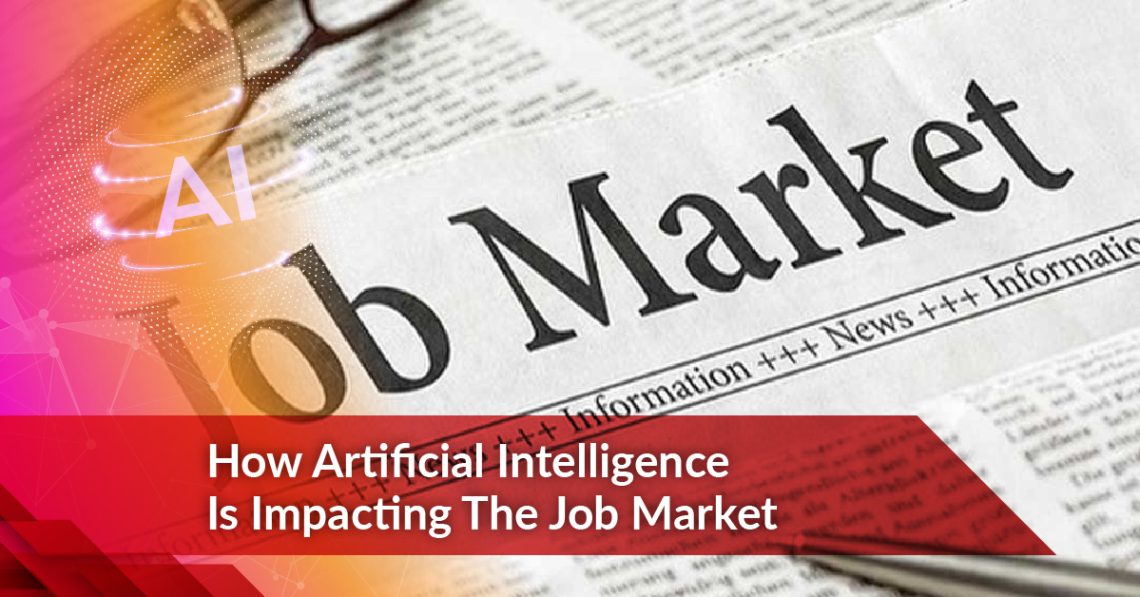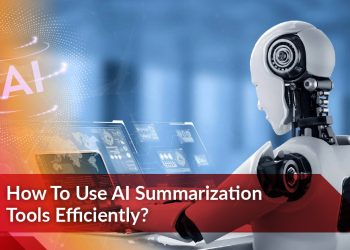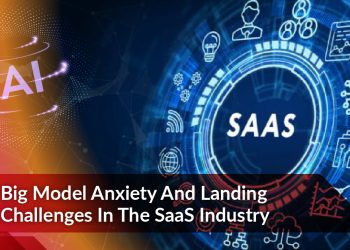With the rapid development of artificial intelligence (AI) technology, automation is becoming increasingly widespread across various industries. This not only changes the way businesses operate but also has a profound impact on the global job market. While AI enhances efficiency and innovation, it also raises concerns about job reduction. However, AI’s impact goes beyond just replacing certain roles. It is also creating new opportunities, improving productivity, and driving entirely new business models. So, how exactly does AI influence the future of the job market? This article will explore several key aspects.
1. Transformation and Disappearance of Jobs
AI’s automation capabilities have already excelled in many areas that involve repetitive and well-defined tasks. For example, robotic production lines in manufacturing, automated warehousing in logistics, and chatbots in customer service have greatly increased work efficiency. However, this also means that some traditional roles may be replaced. Specifically:
Disappearance of physical labor and repetitive tasks: As robots and automated systems become more widespread, many physically demanding jobs will decrease. For instance, the development of autonomous driving technology could reduce the demand for truck drivers, and automated customer service systems could replace part of the human workforce in call centers.
Reduction of mid-level management and data processing jobs: AI can quickly process large amounts of data and perform intelligent analysis, which means that some mid-level positions focused on data handling or routine decision-making may face reductions.
Although certain jobs are at risk of disappearing, not all positions are destined to be replaced. In fact, AI brings new possibilities for future work models.
2. Creation of New Job Opportunities
While the future of automation may reduce some jobs, AI is also creating entirely new job opportunities in innovation and technology-related fields. For example:
Data scientists and AI engineers: As AI technology becomes more widespread, more companies need professionals who can analyze big data and design AI models. The demand for data scientists, machine learning engineers, and similar roles is growing rapidly.
Human-machine collaboration designers: In some industries, the cooperation between humans and AI will become closer. Designing human-machine collaboration systems to ensure that AI technology better assists employees in completing complex tasks will become a new and emerging field.
Technical support and maintenance: As automated systems become more widely used, related technical support, maintenance, and optimization jobs will increase. These roles involve maintaining robotic systems, debugging AI software, and ensuring the security of the systems.
3. Redefinition of Work Skills
As AI continues to advance, many traditional roles may no longer require large amounts of human labor, but new technologies and work models will demand different skills. Employees need to continuously learn and adapt to stay competitive in the job market. This trend encourages many companies and educational institutions to rethink their training programs, emphasizing the following skills:
Digital and programming skills: Knowing how to interact with automated systems and having basic programming skills have become new requirements for many jobs.
Creativity and strategic thinking: While AI excels at handling repetitive tasks, humans still have the advantage in creativity and innovative problem-solving. Future jobs will place more emphasis on cultivating these skills.
Emotional intelligence and interpersonal communication skills: Many service industries still require human interaction and emotional exchange, which are difficult for AI to fully replicate. Thus, strong communication skills and emotional intelligence will remain core competencies for many roles.
4. Social Challenges Arising from AI
The widespread adoption of AI brings not only opportunities for businesses and individuals but also raises social challenges. Balancing technological advancement with job security has become a global issue. Specifically:
Risk of increasing inequality: Technological progress often benefits highly skilled talent, while low-skilled workers may face the risk of being phased out. This could exacerbate social inequality. Therefore, how to provide retraining and employment opportunities for those who are unemployed or affected will be a key focus for governments and society in the future.
Policy and regulatory adjustments: The broad application of AI technology requires a new policy framework to protect labor rights, as well as the creation of regulations to ensure the transparency and fairness of automation technology.
5. Future Outlook: Coexistence of Humans and AI
Despite the uncertainties AI brings, the coexistence of humans and AI remains the dominant trend for the future. In the future, work environments will place greater emphasis on human-AI collaboration. Companies and employees will need to continuously adjust and adapt to this new model, creating a balanced society that both increases productivity and ensures job security.
The influence of AI will continue to expand, but it is important to recognize that AI is not the end of work, but rather a transformation in how work is done. By adapting and learning, humans can find new opportunities and value in this transformation. The future of automation is full of challenges and opportunities, and mastering new skills, understanding technological trends, and driving innovation will be the best ways to respond to the impact of AI.
Conclusion
While AI technology is transforming the job market, it is also creating new opportunities in various industries. Although some traditional jobs are at risk of disappearing, AI is generating a large number of new job opportunities, especially in technology, innovation, and human-machine collaboration. Future work models will be more flexible and intelligent, and employees will need to continuously learn and upgrade their skills to adapt to this technology-driven era. By correctly addressing the challenges and opportunities brought by AI, we can achieve both individual and societal progress in the future of automation.
Are you ready to dive deeper into the topics you love? Visit our website and discover a treasure trove of articles, tips, and insights tailored just for you!





